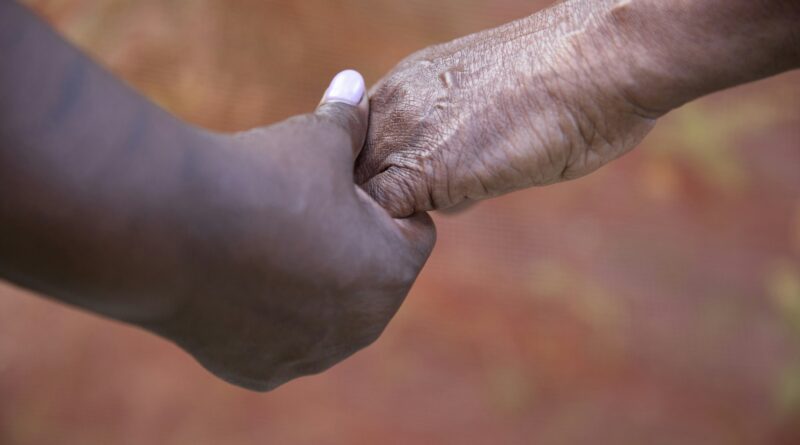To be African American on July 4th
My family has a secret. I discovered it last month during my Aunt Dot’s 80th birthday party when one of her grandchildren asked her why she never mentions her own grandparents. She never met them, was her answer. She knew one great-grandmother on her mother’s side, a former slave, who came to live with them briefly when she was five, but that was it. My aunt has six siblings, including my mother. To the best of my recollection, I can never remember any of them ever mentioning their grandparents.
The most my mother ever heard my grandfather say about his parents was that one of them may have been part Cherokee. I’d heard the story many times growing up, but I never really believed it. First, anyone who cared to notice could see from my grandfather’s pale, Frappuccino-colored skin, freckles, and broad nose that he was the product of mixed African and northern European ancestry. And then, there was the fact that most of my family still lives in the same part of North Carolina that we’ve lived in since after the American Revolution—an area famous for having once been home to a massive plantation built by an English planter who, surprise-surprise, shared my grandfather’s surname.
My aunt grew quiet when I asked her to tell me anything at all she could remember hearing about her grandparents. Other than their names, there was nothing—no photos, no letters, no memories. Nothing. It was clear from her expression that she felt a loss for not having known them, for not having their stories to tell. I reminded her that she is never disconnected from the past, even though she didn’t know her grandparents—that she was a living, breathing emblem of the past. All she had to do was look into a mirror.
To gaze upon an African American, one who is the descendant of slaves in this country, is to behold a relic of an earlier age, a careful creation of contentious design—a uniquely American conception. We bear the instantly recognizable characteristics of the descendants of the original African and European inhabitants of this land. Black people are living monuments to American history.
It is not blood alone that binds us to this soil. America, as we know it today, simply would not exist without us.
Black people helped clear the land, build America’s first cities, and name everything. Our bodies were the basis of this nation’s banking system in the beginning, and a preoccupation with breaking us physically and emotionally was the grounding upon which American jurisprudence was established. What would America be today without Black people acting as its conscience all these years, risking our lives, and our livelihoods, to urge our leaders to uphold this nation’s founding principles? Surely, if there is such a thing as a quintessential American, she is Black.
Who, but she, could have conceived of the first truly original American art form, Jazz? Who, but she, one who embodies the old and the new world, bound and free, African and European, could possess the insight necessary to tame the disparate musical genres swirling in the streets of 19th century New Orleans, and braid them into something uniquely American: Classical music and Southern minstrel tunes; European folk songs and Negro spirituals; the call-and-response of the Black church, syncopated rhythms from Ragtime, and the soulful storytelling of the Blues. Who but she could do that?
But it wasn’t her songs that they wanted; it was her body. And why wouldn’t they? If you lived in the antebellum South, didn’t believe in God, and had no moral compass to speak of, you’d be crazy not to own slaves if you could. Land was almost worthless back then. The only thing that held its value was slaves. And, as the historian Sven Beckert wrote in his book, Slavery’s Capitalism, the institution “proved indispensable to the nation’s economic development.” The massive wealth created by taking out mortgages on the bodies of the enslaved, bundling them into securitized bonds, and then selling them around the world is one reason the United States is wealthy today.
July 4th is around the corner. It’s an occasion when Americans traditionally pause and reflect on our nation’s past. Despite the many ways Black Americans have impacted this country’s history, we have often been seen as incidental—marginal figures, disconnected from key historical events. But, from the first days of this nation, wherever history was made, Black Americans were always somewhere in the frame—from the Boston Massacre, to Lee’s surrender at Appomattox, to the invention of the airplane, to Rock ‘n’ Roll.
The irony is that despite all that has been done to erase our connection to the past, our physicality is a constant visible reminder of it. If you met a descendant of a signer of the Declaration of Independence, you wouldn’t know it unless they told you. But when you meet an African American who is a descendant of the first Americans, you know it immediately—it’s written all over her face.

K. Ward Cummings is a former director of intergovernmental affairs for the Maryland secretary of state and a former senior adviser to members of Congress.

